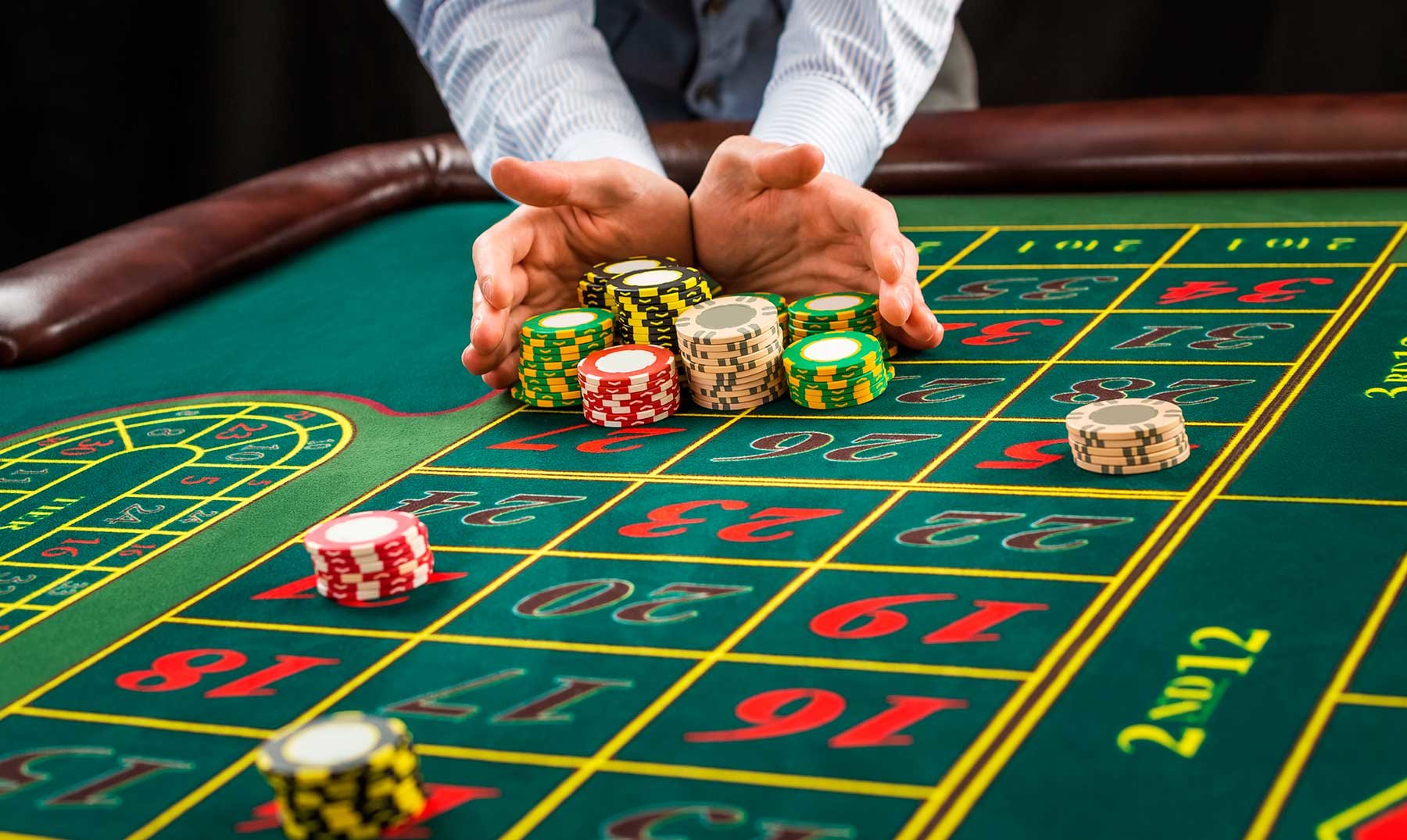
Casino games have long captivated gamblers from all parts of society, drawing them into vibrant casinos filled with the sounds of spinning wheels, clattering chips, and cheering crowds. The thrill of chance and the allure of potential winnings create an exhilarating atmosphere that keeps gamblers returning for more. Whether it is the excitement of a slot machine, the strategic play of poker, or the anticipation of a roulette wheel, casino games offer a distinct combination of entertainment and risk that can be hard to ignore.
At the heart of this fascination lies a mental pull that varies from person to person. For a few, the excitement of hitting a jackpot can elevate their mood, while for many, it’s a social experience that brings friends together. The colorful visuals, engaging sounds, and sometimes lavish environments of casinos greatly improve the appeal, making each visit an adventure waiting to unfold. As we delve into why gamblers are drawn to these games, we uncover the underlying motivations and emotions that fuel their love for the betting tables.
The Psychology of Gambling
The allure of casino games frequently derives from the nuanced psychology of gambling as a whole. Many players are attracted to the excitement of risking money for the chance of winning more, as it taps into a profound human desire for excitement and gain. non GamStop casino This rush can create a significant emotional experience. The combination of risk and potential monetary gain can trigger a release of dopamine, making players feel energized.
Furthermore, the design of casino games is engineered to keep players interested. The use of vibrant lights, enticing sounds, and the social atmosphere of casinos can enhance the excitement. Players frequently find themselves submerged in these settings, where the expectation of a win keeps them coming back for more. This sensory engagement encourages longer gaming sessions, as the instant feedback from wins, however small, reinforces the desire to gamble more.
Finally, cognitive distortions play a major role in gambling behavior. Many gamblers fall prey to the misconception of control, believing they can affect outcomes even in games of chance. This belief can lead to overoptimism and the persistence of play, despite rising losses. Additionally, gamblers frequently recall their wins more clearly than their losses, which can alter their perception and enhance the desire to continue gambling. This multifaceted interplay between emotions and cognitive factors helps explain why so many are attracted to casino games.
The Attraction of Gaming Settings
The atmosphere of a casino is exceptionally captivating, pulling in gamblers with its combination of anticipation and eagerness. The sights and auditory experiences of whirling slots, excited participants, and the repetitive clatter of tokens create an engaging experience that is difficult to ignore. The bright illuminations and dynamic layout foster a atmosphere of energy that keeps players engaged and motivates them to stay longer. This contagious setting contributes to the overall charm of casino activities, enticing both inexperienced and seasoned gamblers alike.
In addition, gaming establishments are crafted to arouse the senses in a fashion that makes players feel as though they are setting out on a exciting journey. The purposeful positioning of entertainment choices, inviting seating, and on-the-house refreshments enhance the overall experience, making players feel appreciated and spoiled. Many casinos also include artistic furnishings and elaborate motifs that carry visitors to diverse dimensions, amplifying the thrill. Such atmospheres foster a notion of liberation, allowing bettors to disregard their everyday lives and plunge into the thrilling domain of gambling.
In conclusion, the existence of other players amplifies the interpersonal element of betting, creating a joint rush. Engagements among participants, be it through playful conversation or shared happiness during a big victory, cultivate a sense of bonding that many find attractive. This interpersonal connectivity enhances the experience of participating in gaming activities, transforming it from a single pursuit into a collective experience. The combination of thrill, captivating environments, and social ties makes casinos an irresistible place for bettors seeking entertainment and a chance to gain.
Understanding Gambling Mechanics
Gaming experiences are crafted with specific mechanics that attract players. All games has its unique set of rules, betting structures, and probability ratios, allowing players to engage with the game on diverse levels. The thrill of placing a bet and the anticipation of the outcome creates an thrilling atmosphere. Grasping these mechanics can enhance a player’s appreciation for the game and improve their overall experience.
Another crucial aspect of game mechanics is the idea of randomness. Many casino games, especially slot machines and table games, rely on random number generators or shuffling to determine outcomes. This randomness is what keeps players coming back; the unpredictable nature of the game creates a feeling of hope and excitement. Knowing that each round or hand is independent of the last contributes to the appeal, as players feel they have a chance at winning, regardless of past outcomes.
In conclusion, the emotional response tied to game mechanics should not be overlooked. The excitement of a large victory or the tension during pivotal moments are fundamental to the enjoyment of casino games. Such emotional highs and lows exploit psychological triggers that keep players engaged for prolonged periods. Grasping these emotional responses to game mechanics can help explain why individuals are drawn to the thrill of casino games, persistently seeking that upcoming exhilarating moment.
